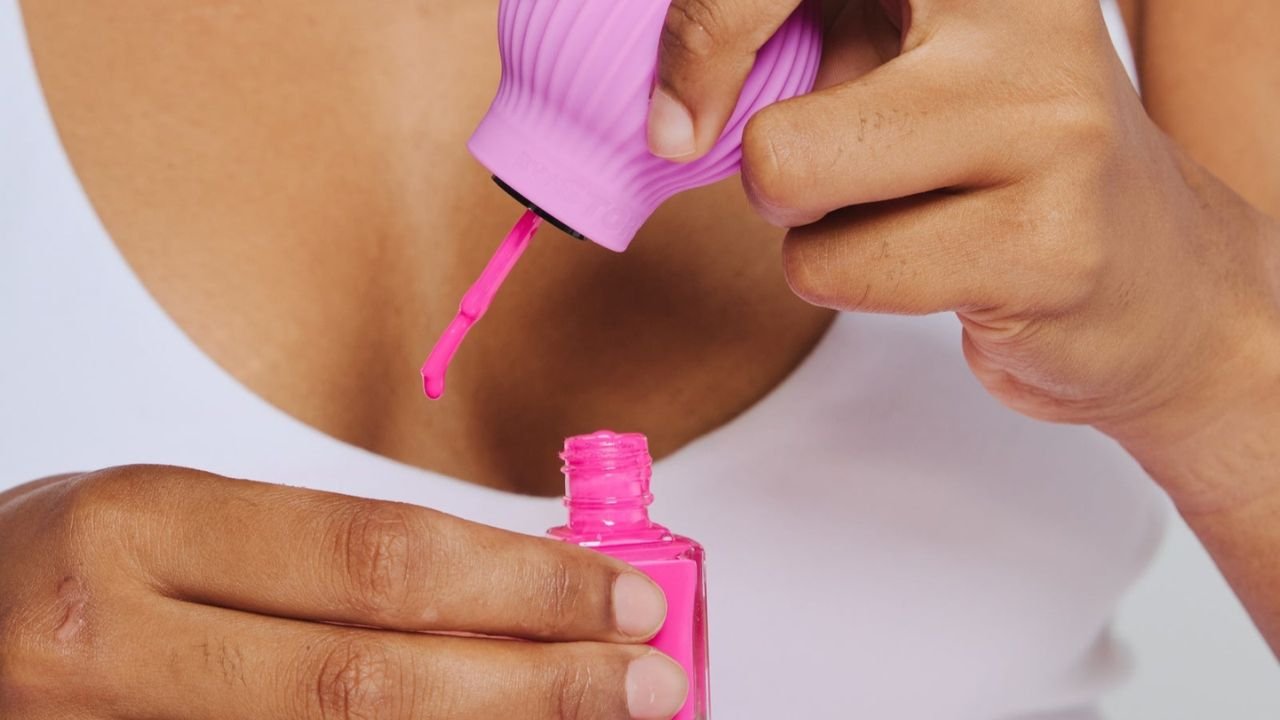This story starts with a broken hand and a tube of mascara. Chapter two brings the plot twist. Newcastle local Storm Menzies, who has mild cerebral palsy, went to twist open her favourite beauty essential, and she suddenly realised just how inaccessible most makeup products really are. “I went to open a tube of mascara and thought, oh my gosh, how am I going to do this?” she recalls.
That simple moment — something millions of people do every morning without thinking — sparked an idea that’s now earning national recognition. Fast forward to a very happy ending, and today, Storm’s social enterprise, ByStorm Beauty, has been named a finalist in the 2025 Australian Disability Service Awards for Most Impactful Assistive Technology Solution. Her invention is a clever, 3D-printed grip that slides seamlessly onto everyday beauty products — from mascara to lipstick to nail polish — making them easier to open and hold. No glue. No redesign. And no fuss. Just smart, inclusive design that works with the products people already love.
“Beauty should adapt to you, not the other way around,” Storm says. And that belief sits at the heart of everything ByStorm does. Designed with and for the disability community, these universal grips restore independence to an everyday ritual that can be deeply personal. “It’s not just about appearance,” she explains. “It’s about confidence, control, and getting your routine back.”
Storm’s journey into inclusive beauty began not in a lab or office, but on her kitchen bench. She started experimenting with clay from her local $2 shop, teaching herself 3D modelling late into the night. “I just needed more surface area,” she says with a laugh. But, after more than 100 prototypes, that DIY curiosity turned into a polished, market-ready solution.
Within weeks of launching, ByStorm Beauty sold more than a thousand units. A major boost came when comedian and beauty advocate Celeste Barber bought the first batch of products and released her own colourways in a headline collaboration that put accessibility on the beauty industry’s radar.

The response was immediate. And emotional. People who’d long struggled with the fine motor challenges of traditional packaging were suddenly able to apply mascara or lipstick on their own for the first time in years. Some wrote to say they could get ready for job interviews or nights out without help. Others simply said they finally felt part of the beauty conversation again.
But Storm’s ambition goes beyond product design. She’s now working with major brands to reimagine what inclusive packaging can look like — and to help the beauty world catch up to the diversity of the people who use its products. “When brands don’t see people with disability using products, they assume we’re not a market,” she says. “The truth is, the products are just inaccessible.”
ByStorm’s approach offers a bridge — an immediate, third-party accessibility layer that allows brands to start including everyone now, while they work on more permanent redesigns. “I can hold the risk for brands,” Storm says. “My tools let them dip a toe into accessibility while they learn.”
Today, Storm has transformed quietly but powerfully, from launching her first prototype stall at the Hunter Disability Expo – where hundreds of people joined her waitlist – to engaging in conversations with global beauty companies about accessible packaging
“The goal isn’t to create a ‘special’ beauty aisle,” she says. “It’s about making accessibility the standard. I want everyone to use the same trending products — because beauty should never exclude anyone.”
As the beauty industry continues to evolve, Storm Menzies stands as proof that innovation doesn’t always come from the biggest labs or loudest brands. Sometimes, it starts with a small act of frustration — and a vision big enough to change the world.
The winners of the 2025 Australian Disability Service Awards will be announced at a gala in Melbourne on 13 November.






